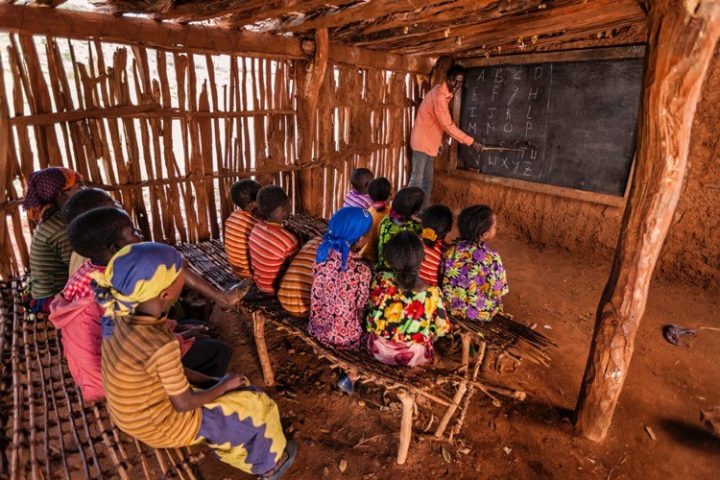
In what appears to have been a bid to gain more black American votes in his recent presidential election campaign, Joe Biden recounted an alarming story of being arrested in South Africa in 1977 as he sought to visit Nelson Mandela in prison. In reference to the incident, Biden said, “I had the great honour of being arrested with our UN Ambassador on the streets of Soweto trying to get to see him on Robbens Island.”
At the time of this disclosure, many people were amazed that this courageous act hadn’t been recorded in Biden’s 2007 memoir regarding his ’70s trip to South Africa, particularly in light of the fact that Mandela was alive at the time of the book’s publication, and would no doubt have enjoyed recounting this brave deed that he apparently remembered and appreciated, as evidenced by another statement from Biden:
After he [Mandela] got free and became president, he came to Washington and came to my office. He threw his arms around me and said, “I want to say thank you.” I said, “What are you thanking me for, Mr President?” He said, “You tried to see me. You got arrested trying to see me.”
In a subsequent interview with Fox News, Biden offered more detail of the alleged event:
The Afrikaners took me off the plane and took me in one direction, wanted me to go through a white-only door, and in fact I wouldn’t move. I said everybody else is going through another door, I’m going with the black delegation that I came with.
At this point it would be right to acknowledge that then-U.S. Ambassador to the United Nations Andrew Young recounted the event a bit differently. In the words of Young, “No, I was never arrested and I don’t think he [Joe Biden] was, either.” He added, “I don’t think there was ever a situation where congressmen were arrested in South Africa.” Not surprisingly, the New York Times was unable to find any records of arrest to corroborate the story when it first surfaced.
While Biden attributing words to Mandela that do not sound like the Madiba we South Africans came to know and mistakenly referring to Mandela’s jailed residence as Robbens Island (it’s Robben Island) can be overlooked, making such a serious allegation (then retracting it when your travel companion doesn’t concur) could be viewed by many South Africans as an attempt to exploit a tragic time in our history for political gain. It certainly doesn’t inspire faith in the moral integrity of President Biden — which is more than a little concerning now that he’s become one of the most powerful men on the planet.
Sadly for Africans, it seems that Biden’s objectives for Africa policy — according to Africa’s leading academics and thinkers — are both vague and lofty (a bit like the Mandela story). This was the general consensus when South Africa’s Mail and Guardian news network put a pool of esteemed “thinkers” together to reflect on what a Biden presidency means for Africa — promoting and expanding democracy, diplomatic relations, diversity and inclusion, and youth leadership development — all things that sound good but are vague as to how they will help real Africans.
Biden, of course, has already made some policy decisions that will affect Africa, though perhaps not in a good way. He has repealed Trump’s so-called Muslim ban (really a temporary restriction on travel from terror hotspots, many of which had Muslim populations). This affects Somalia, Nigeria, Sudan, Eritrea, Egypt, Libya and Tanzania, and will arguably make those countries happy. Furthermore, Biden has vowed to repeal the Mexico City policy that prevented U.S. tax dollars from funding abortion overseas, so now African pro-abortion organizations can be funded by Americans.
Sithembile Mbete, a political science lecturer at South Africa’s University of Pretoria, is impressed by these two new policies: “Just those immediate changes shift the landscape and interactions between the US and Africa,” after lamenting that the United States had been losing “strategic” ground in Africa to nations such as China, Russia, and India during Trump’s tenure as president.




